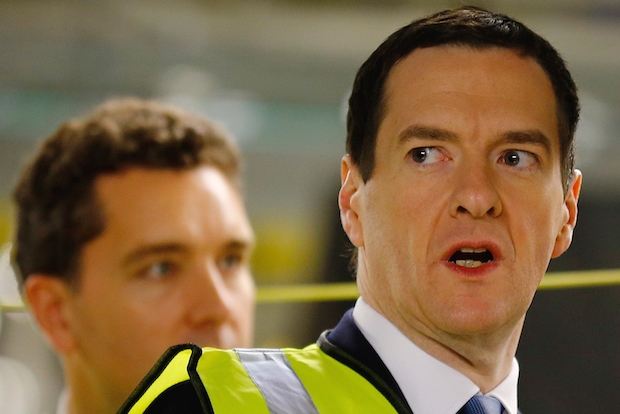A lot of political types are very cross with the ‘biased media’ today. Ukip is currently the most aerated because some journalists ‘fabricated’ (which is today synonymous with ‘transcribed’) some remarks Nigel Farage made about whether or not restaurants are right to tell women to put napkins over themselves when breastfeeding. Number 10 is very angry with the BBC’s Norman Smith because he talked about the Road to Wigan Pier which is not an OK way of describing the public spending cuts still to come (but the IFS describing them as ‘grotesque’ and ‘colossal’ apparently is). Labour has been annoyed for months that journalists keep pointing out mistakes that Ed Miliband makes.
Unusually, the Lib Dems are quite chipper today because everyone likes Nick Clegg’s Christmas card, but normally they too are a bit cheesed off with what they like to call the media ‘throwing everything at us’.

Here are two suggestions. One is that perhaps those people who are so tribal that they don’t like reading criticism of their party stick to the press release page of said party’s website where everything is wonderful and the new money is definitely new money rather than re-announced spending commitments to get the party out of a hole. The other is that perhaps the media as a group is ‘biased’ towards writing up stories about people making mistakes and saying provocative things or even, when they’ve done something that voters will like, writing about that too. That bias towards writing stories is quite annoying for anyone who doesn’t want a certain story written, which normally means it should jolly well be written. The best way to avoid an awkward story is usually not to do or say something awkward.
Still, talking about media bias does help a party pull its supporters together. When Jon Trickett wrote this piece for LabourList about the #cameronmustgo hashtag, he was clearly trying to galvanise Labour supporters with the idea that they could overcome the evil press barons, rather than use their newspapers as a means of communicating with voters. Yet of course Labour continues to engage with newspapers, even those it doesn’t claim to like: just a few days after Ed Miliband talked about ‘powerful forces’ that were trying to stop him in his ‘make-or-break’ speech, Rachel Reeves gave an exclusive story about benefits for migrants to the Mail.
Grumbling about media attacks may be satisfying for the ministers who feel under the cosh. But it can make a party look a little paranoid and obtuse if it seems that it isn’t wondering whether there is in fact a kernel of truth in what’s being said. It does, though, seem to work for Ukip, with YouGov finding that voters do believe the media is out to get the party.
The problem that Number 10 has with the BBC is that it isn’t supposed to agree with anyone but Norman Smith appeared to reach a verdict on the cuts to come. What is more awkward for Number 10 than an early morning broadcast is that now there is a much bigger debate about what the state will look like in future than there would have been had George Osborne not been so fabulously grumpy about Wigan Pier. No politicians want to talk honestly about the sort of spending cuts they will have to bring in after the 2015 election, but this row has forced them to do so in a little more detail. Which is both very annoying for them and absolutely right.







Comments